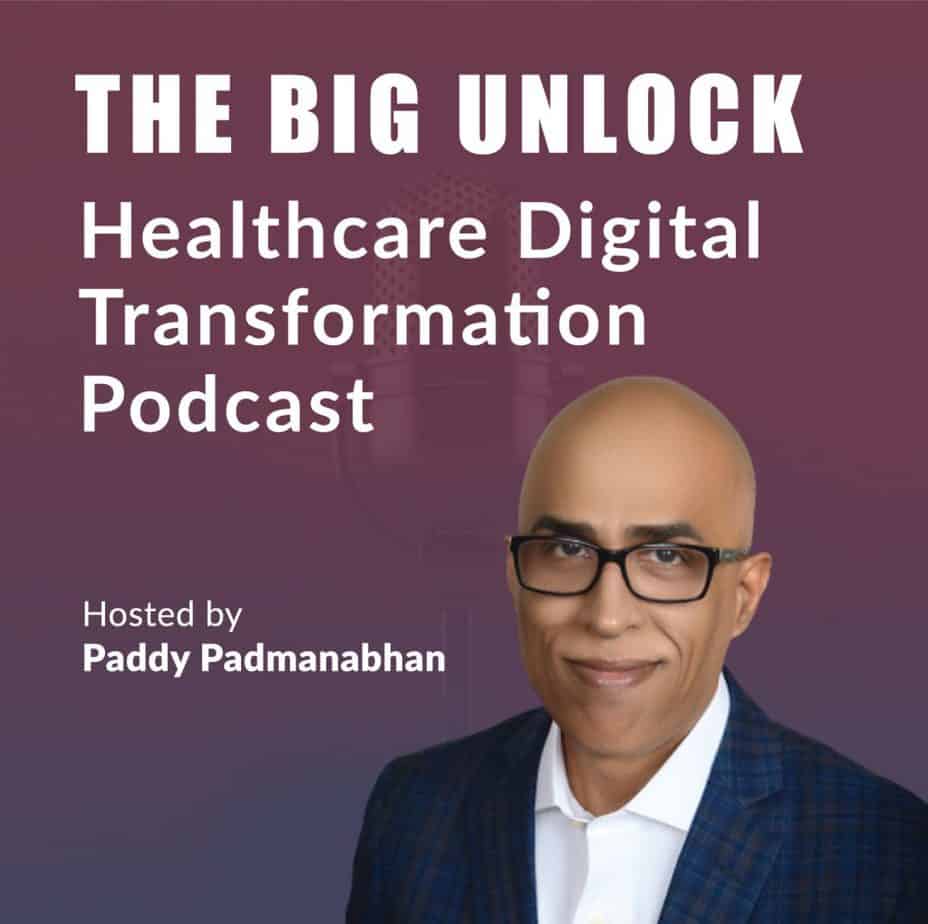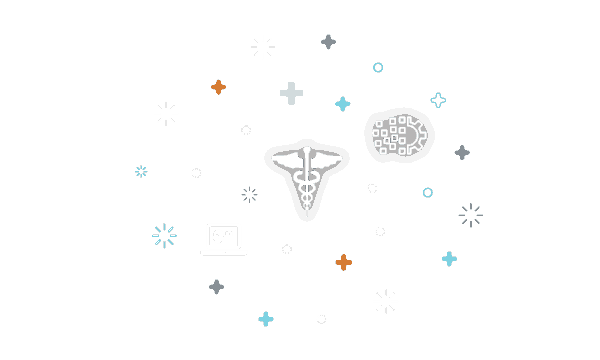Q: With regard to data analytics, can you share one or two examples of how you’re using data and analytics to drive access-related initiatives?
Reid: We are a developing nation in this state. We are fast followers and love to learn and glean from others. It’s not unique to us but we are data-rich and in many areas, information-poor.
So, with our data and analytics team, one area of focus is trying to be very explicit and disciplined with operational partners and really defining when they come to us and understand the job we’re trying to do. Like – why are you trying to hire this data? Trying to understand the outcomes they’re actually after, trying to offer datasets they’re not aware they have access to where they can do some of this exploratory and inquisitive exercise on their own. And trying to get out of the arena we’re in today where some of the capacity is being consumed by requests for dashboards or like – we have a dashboard, but I don’t want to treat to look like this. We’re trying to get out of that kind of service requests.
We take a first-come-first-served approach by an analytical team to really put together a comprehensive data platform that can then be used to answer a variety of questions, whether it’s on the clinical side or the business operations side or a CRM side from the marketing standpoint. It’s early days in that because right now, often, it’s based on the immediacy of the need in terms of how deeply we dive into a request that comes in. But we’re really trying to create something that’s comprehensive, scalable, and positions us for the future.











